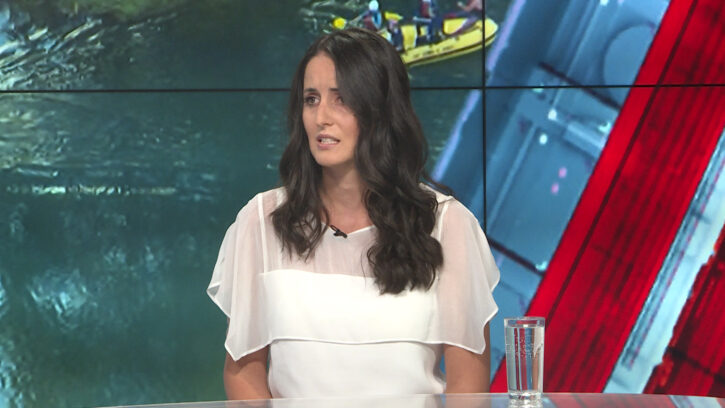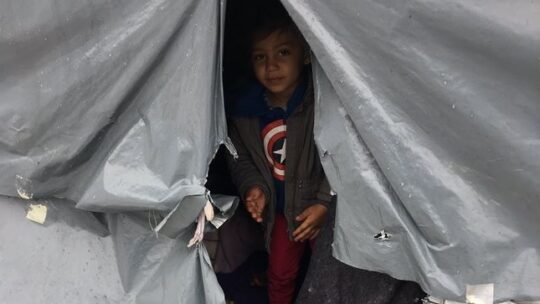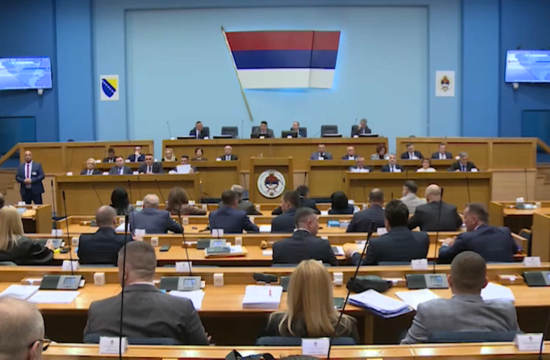
Some 300 mini hydro plants are planned to be built on Bosnia’s 240 rivers and that is a significant threat to the environment, activist Nina Kresevljakovic from the Arhaus Center told N1 on Monday.
She spoke about the Coalition for the Protection of the Rivers of Bosnia and Herzegovina and its activities on raising awareness about the importance of Bosnia’s rivers.
“Bosnia and Herzegovina is one of those countries where 300 mini hydro power plants are planned to be built on 240 rivers, which means that in one river we will have at least one or more hydroelectric power plants,” Kresevljakovic warned.
She explained that there is no economic justification for building mini hydroelectric power plants as neither the state nor municipalities see any significant monetary benefits.
“Bosnia has sufficient electricity and the electricity generated by mini hydro power plants is a very small part of it. The economic aspect is truly small, not to mention that there are one or two people are employed at a mini hydroelectric power plant,” she said.
Kresevljakovic stated that those plants are only being built to satisfy the interests of private investors.
“According to the law, they have a right to collect subsidies. They also get a concession for 30 or 40 years and earn millions, and the municipality receives very small fees for those concessions, only thousands,” she said, adding that there is a big difference between several thousand for the municipality and several million Bosnian Marks for investors.
She pointed out that the construction of mini hydro power plants is enriching private businesses at the expense of nature.
Kresevljakovic pointed out that there is only one wind farm in the country and that the possibility of solar energy is not even mentioned.
“Building a new thermal power plant like Block 7 does not cost any less than building a wind farm. We need to think about building wind and solar power plants,” stressed Kreševljaković, referring to Block 7 of the coal power plant in the northern city of Tuzla that is planned to be built.
The consequences of a dried out river after the water has been drained are enormous and a hydro power plant always means less water in the river, if not a completely dried bed which will make people leave the area and settle elsewhere, she said.
“All of the animal life in the river would die out. These rivers are usually used to irrigate arable land, people are losing their homes because it doesn’t pay off living in areas where there is no water,” she explained.
She added that the plants also cause climate change and increase the risk of earthquakes.




